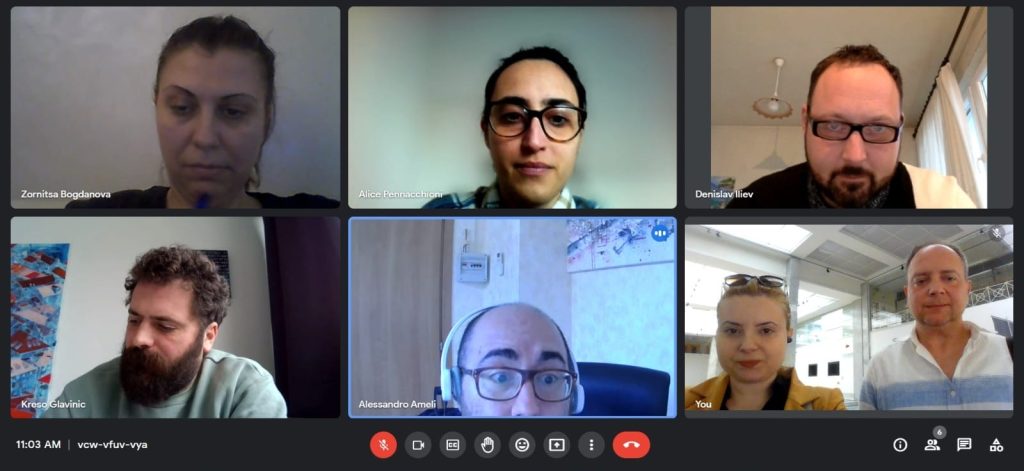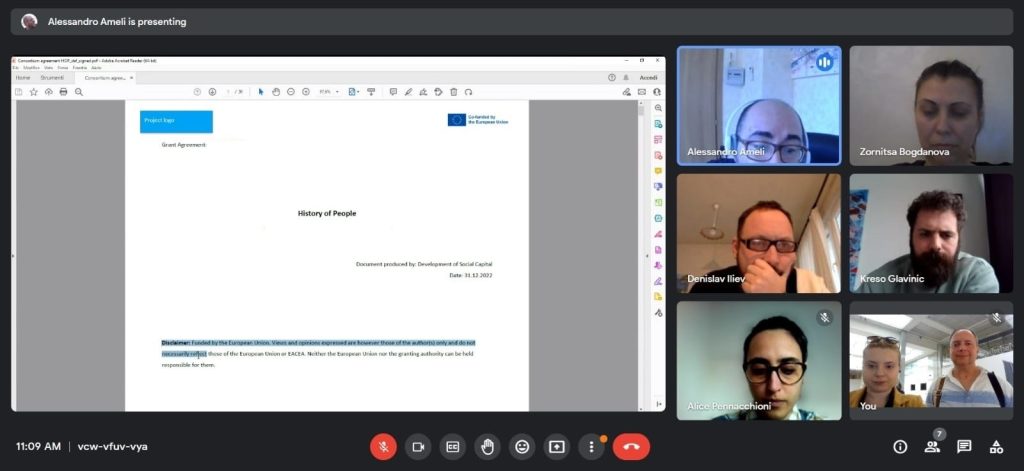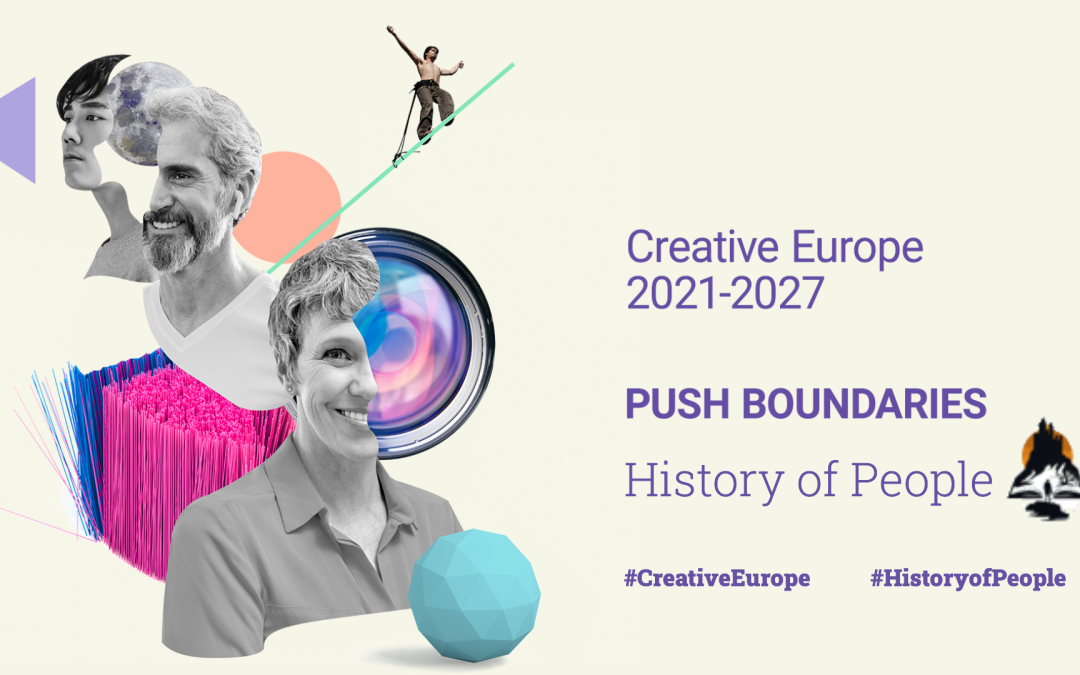CREA-CULT-2022-COOP-1 – 101098484
With the project History of People – HOP, an innovative methodology is shaped that combines scientific data and objective information with storytelling and performance, so to target different audiences and propose ad hoc created contents.

Europe’s cultural heritage is a rich and diverse mosaic of cultural and creative expressions, an inheritance from previous generations of Europeans and a legacy for those to come. It includes natural, built, and archaeological sites, museums, monuments, artworks, historic cities, literary, musical, and audio-visual works, and the knowledge, practices and traditions of European citizens.

Cultural heritage is widely recognized as enriching for people’s lives: 8 out of 10 Europeans declare cultural heritage is not only important to them personally, but also to their community, region, country and to Europe as a whole.
We believe that the cultural sector must be ready to step out of its traditional bounds. It should open doors toward diverse strategies and techniques, able to link cultural heritage and artistic expression with the local economic and social development. We believe it’s necessary to overcome the current, outdated product-centered approach to the communication and promotion of cultural heritage, adopting a consumer-centered marketing strategy, that could be vital to the success of initiatives of heritage promotion.

The project History of people will implement activities such as research, exchange of good practice, pool of stories which will be framed to interest different segments of audience, performances, creation of ‘Handbook of Good practices’ and ‘Model of the innovative methodology’ of communication and promotion of cultural heritage that adapts marketing features to the creative sector. In doing so, will be involved Cultural Associations, NGOs and Private Entities with direct access to the target (museum collections, heritage sites) in contributing to create the innovative methodology and in implementing, testing and adapting the same to their local needs.
Project partners:
Development of Social Capital, Ruse, BULGARIA
Associazione Culturale EUTOPIA, San Benedetto del Tronto, ITALY
SCIENTIA NOVA Association, Kavadarci, NORTH MACEDONIA
Majeutika d.o.o. Muzej crvene povijesti / Red History Museum, Dubrovnik, CROATIA
Funded by the European Union. Views and opinions expressed are however those of the author(s) only and do not necessarily reflect those of the European Union or the European Education and Culture Executive Agency (EACEA). Neither the European Union nor EACEA can be held responsible for them.







